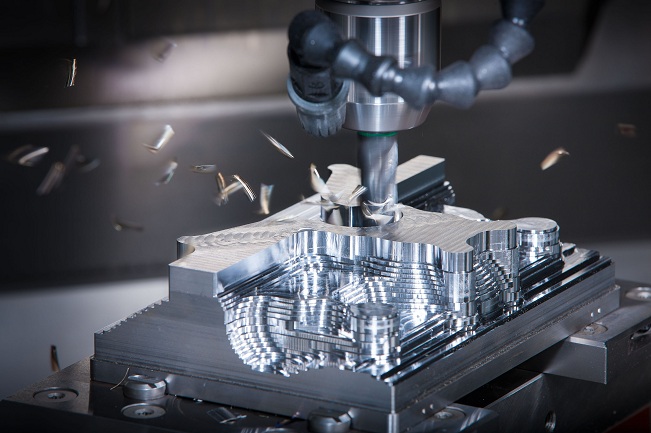All machinists and people who work in the industry of machine parts know this important fact: precision is most important in designing and manufacturing machine parts as 1 millimetre more or less than required, could make the part no good to use.
Steel is one of the metals often used for manufacturing various machine parts. It is very versatile in its properties and thanks to its strength and work hardening rates, it can easily be bent, folded, machined, welded, deep drawn and spun. The thing to remember about stainless steel is that you never get to use clean stainless steel, because most of the metal in existence is an alloy made of chromium, and in some cases – iron. Stainless steel does not rust and does not corrode, which is extremely important for manufacturing elements that should last and endure influences like water, persistent moisture and heat.

Trying to manufacture precision parts the old way without the use of a precision system would be an extremely heavy task to perform; it is nearly impossible to be that precise just using your eyesight. To solve that problem, the CNC (computer numerical control) system is designed to perfectly perform processes like steel machining, cutting and welding. Stainless steel machining processes which are controlled with CNC systems, result in highly precise machined parts with very small deviations of the actual part from the expected one.
Talking about machining stainless steel, we should say that it is a pretty challenging task; stainless steel tends to result in dwelling or rubbing caused by the vibrations of the machine or the chattering of the tool. To eliminate that problem, the machines should be capable enough to create deep cuts in the metal without slowing down the surface speeds. Another common problem that should be resolved if stainless steel machining is to be successful, is machine vibrations. Machine vibrations most often happen in the machine bed, drive, gear box or the cutting tip.
Despite these common problems, there are grades of stainless steel that can actually achieve a satisfactory level of resistance to chipping and damaging. Grades alloyed with manganese sulphide like the 303, 430, 410 and 416 have certain properties that make them perfect for machining. However, due to decreased ductility and corrosion resistance, these grades have limited machining applications. For solving that problem, stainless steel melting techniques for improving the machinability of these grades have been developed by several companies.
























